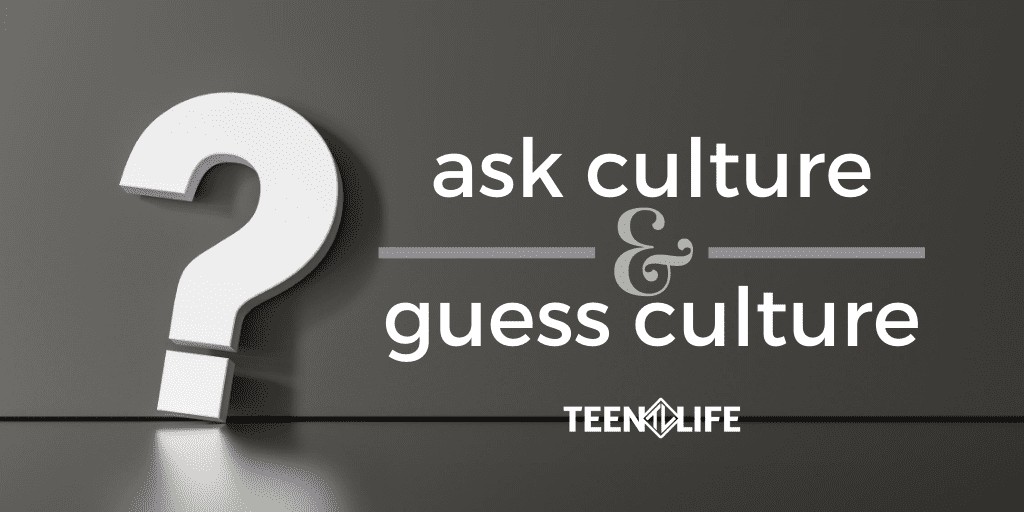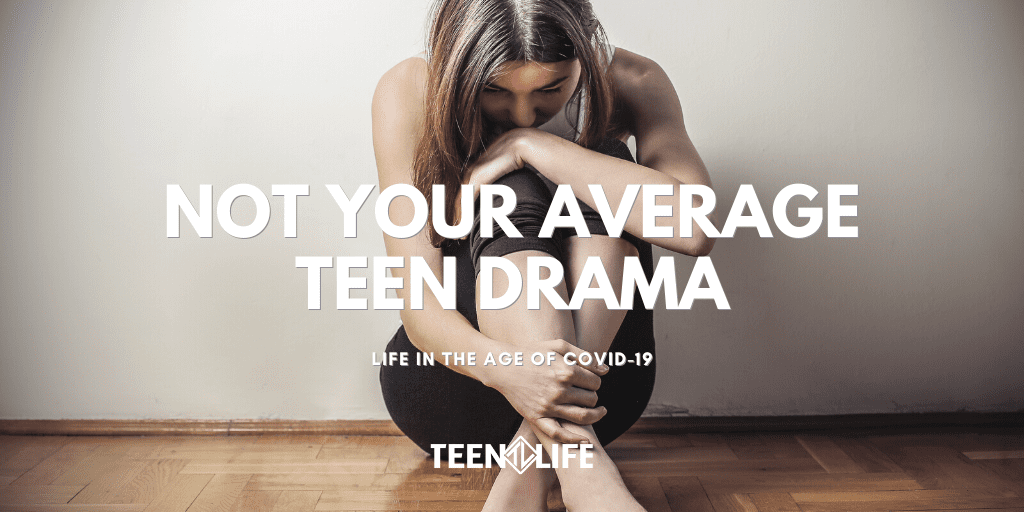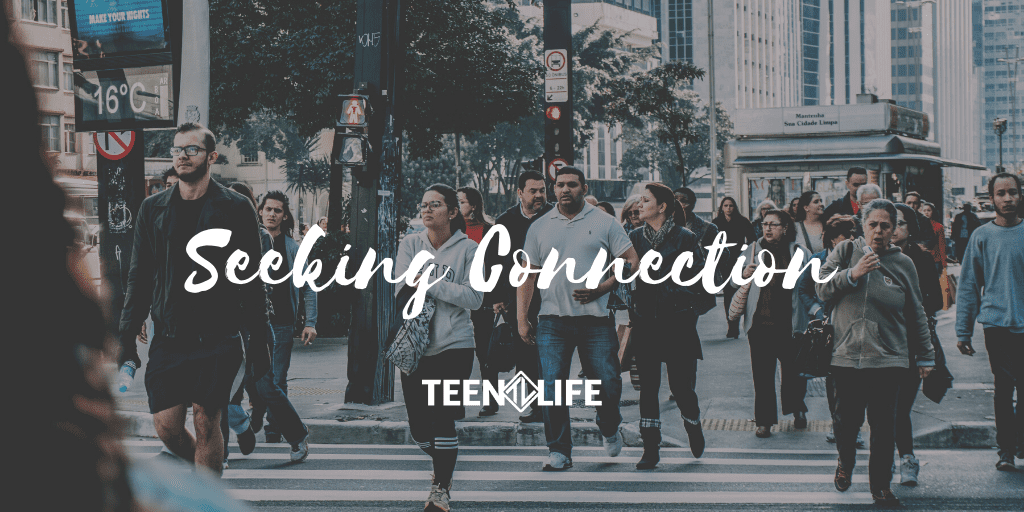Shifting Gears
We live in a world that invokes anxiety in even the most tranquil souls.
A pandemic, social isolation, social media, job insecurity… the last 12 months alone have gone beyond the average social drama. Current reality is so far beyond the imaginable that even soap operas are losing their appeal.
As anxiety-producing as current events are, isn’t it perhaps anxiety itself that has driven Americans to our current state?
When we are secure in our well-being and sense of self, we are better at winning and losing graciously. We do a better job of looking out for others’ well-being because their well-being doesn’t feel like a threat against our own.
So how do we break the cycle? How do we help teens learn to regulate their emotions, and how do we teach them to be more empathetic?
The National Association of School Psychologists gave a press release in October 2020 on ensuring student well-being during the election. Although it’s framed in the context of school and the 2020 election, it’s one of the most comprehensive lists on shaping empathy and emotional well-being in kids and teens.
Here’s my general interpretation of their list.
Build a shared sense of community. It’s all about trust and respect: adult to adult; adult to teen; and everything in between.
Be the change. If you’re not, they won’t be either.
Help the people around you feel safe. No matter the political climate, no one deserves to feel marginalized or at risk.
Create an expectation of acceptance. Racism, systematic inequity or violence are never ok. Bullying is never ok.
Ask questions vs. leveling accusations or generalizing. Stay curious and encourage students to do the same.
Funnel interests and energy into positive actions. Taking action and helping others is empowering.
But how do we do that?
Dr. Lori Desautels, assistant professor at Butler University in Indianapolis, specializes in neuroscience in the classroom. She calls anxiety “our nation’s new learning disability” and is a strong advocate for co-regulation in the classroom, as well as explicitly teaching social-emotional skills.
Her methods are similar to Trust-Based Relational Intervention (TBRI) strategies and start with adults learning to calm their own anxieties in order to create a contagiously calm atmosphere. Instead of “managing” a household or a classroom, adults “co-regulate” emotions, equipping students with the skills they need to negotiate stressful situations and to learn.
The concept is not new, though it is easy to forget in the moment. By setting the example first and foremost, by “being the change,” we help those around us feel safe. We calm others’ state of “fight or flight” and set the groundwork for building trust and acceptance.
We can teach teens language to identify their emotions by responding to perceived defiance and arrogance with “That must feel very…” “This must make you feel…” “You sound so…” Desautels says instead of answering a complaint or encouraging their escalation, hear the feeling and mirror that. Wait for their response.
Using a 2×10 strategy strengthens trust and helps teens feel seen. Intentionally taking 2 minutes for 10 days in a row to ask about their passion or their lives is a game changer.
Creating a 5 to 10-minute ritual at the beginning or end of the period, interaction, or day creates ‘family privilege’ with teenagers. Because students live chaotic lives and often lack trust-worthy adults, working on mindfulness or Focused Attention Practices will support predictability and encourage a calm state.
When the stakes feel high, it’s hard. When we don’t feel that we have a network of people who help us co-regulate ourselves, whether at work or at home, it’s very hard. But it is essential work.
As parents, teachers and administrators, anxiety is a lion we must learn to tame daily with great intentionality. In doing so, we help position those entrusted to our care to thrive.
http://revelationsineducation.com/how-neuroscience-helps-kids-heal-from-trauma/

Kelly Fann
Digital Media Manager
Kelly Fann | Digital Media Manager
Kelly has a desire to empower young people to grow into the best version of themselves. Using her background in branding and word-smithing, she is a master at highlighting resources that help teens learn skills that will enable them to grow and to adapt, to enjoy life and to be better citizens. Kelly has a MA in Linguistics from North Texas University.


